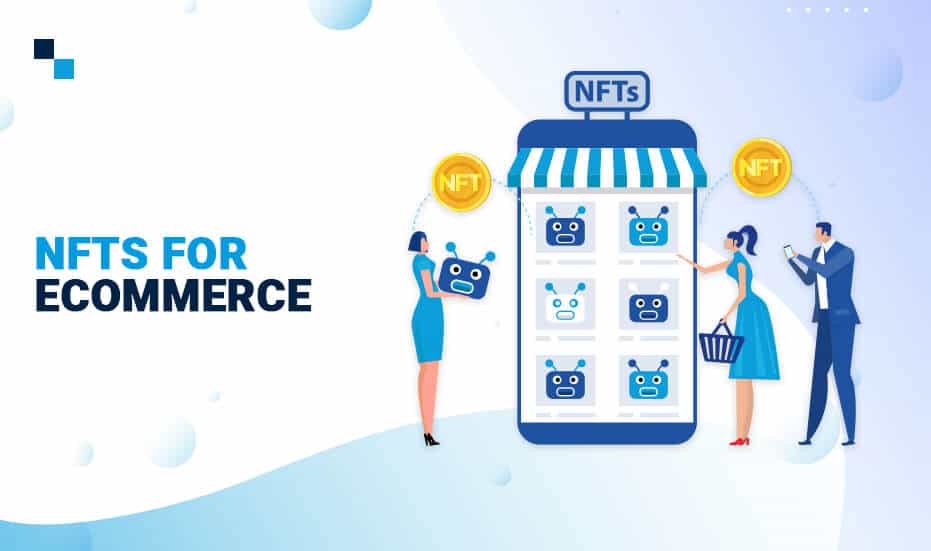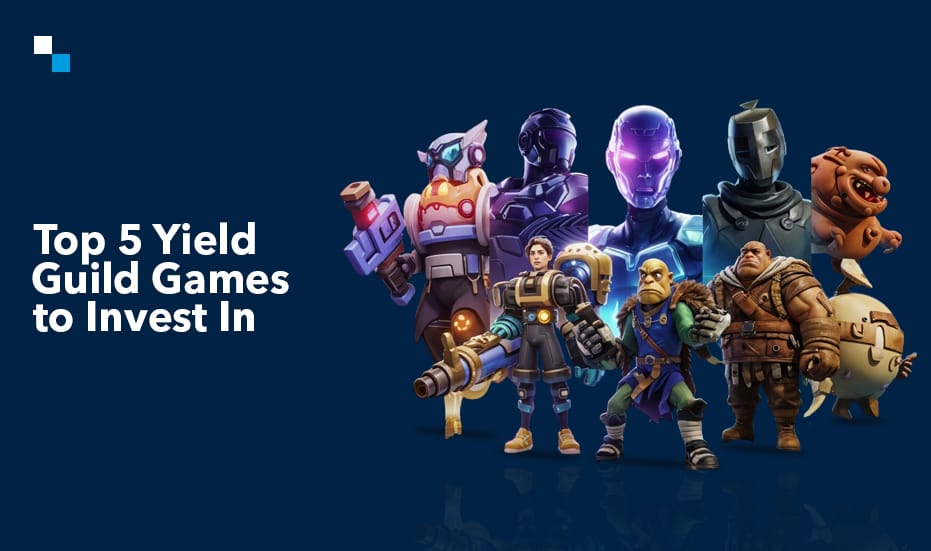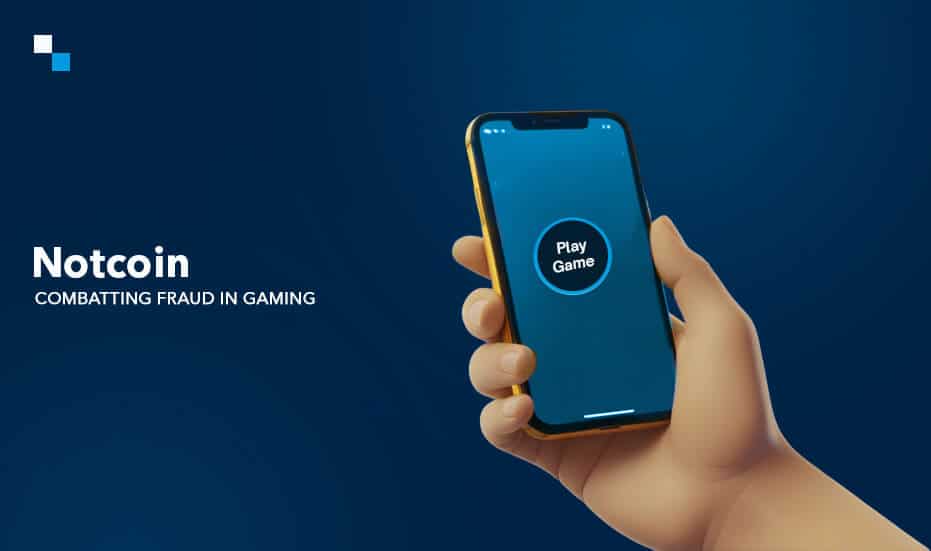
The Benefits of Crypto Payment Gateway Development
November 17, 2021
Cardano Blockchain Development Explained
November 22, 2021NFTs are growing faster than we think they are. The popularity is at all time high and is attracting massive capital across sectors including ecommerce. They are uncovering a plethora of opportunities to fasten mainstream participation in dapps. It is safe to say that years down the line, you’d be tokenising your beloved assets
As far as the scope is concerned, It has unquestionably benefited licenses and intellectual property. Users will soon purchase their dream home using non-fungible tokens and then borrow against it via decentralized financing. Furthermore, NFTs are on their way to uncovering a plethora of opportunities, liquidity, and value in practically every industry.
About NFT Marketplace.
Non-fungible tokens are digital tokens that reflect ownership of anything that is intrinsically unique and limited. It could be artwork, a collectible, a soundtrack, an in-game object, or real estate, and it could be tangible or digital.
As the name suggests, NFT marketplaces are platforms to display, buy/sell, exchange and mint NFT assets.
NFTs are unique digital assets that cannot be exchanged for one another, unlike fiat money like the US dollar or ordinary cryptocurrencies like Bitcoin. Every token carries a unique value based on its distinct qualities and attributes, this is the case.
NFT Marketplace Development
Because of the increasing popularity of non-fungible tokens, developers have been working hard to create markets for these files. There are now some active markets that serve as generic trading venues for non-fungible tokens of all types.
On the other hand, there are marketplaces dedicated to the needs of the high-end art world, as well as those that deal with files connected to certain online games or niche issues. NFT marketplace development has become a favourite choice for developers as the demand for marketplaces grows.
eCommerce Platform with NFT
Because it operates in a centralized environment, trading goods and services on an e-commerce site involve many third-party executives. In the presence of intermediaries, the commission distribution is substantial thanks to these intermediaries. It eliminates the involvement of third parties by activating NFTs.
In some corporate sectors, holding the digital property is a common practice. Excellent income prospects for company models are established by incorporating them. The idea of employing NFT for e-commerce sites was a hot issue in the crypto industry. Several e-commerce companies are developing NFT integration solutions to connect NFTs with an e-commerce site.
Customers will forget the experience of buying products in stores as soon as they receive the goods. Thus the e-commerce sector covers the tasks of NFTs by offering a digital representation of the health of the client being ordered. Customers obtain their purchases from e-commerce sites a few days after ordering. It delivers satisfaction and enjoyment to the consumer by supplying the NFT kind of the requested property.
Real-life examples of NFTs in eCommerce
1. Shopify’s e-commerce customers can now sell NFTs directly on the platform.
2. Neuno, an Australian start-up, has developed a platform that enables users to buy NFTs worn with credit cards.
3. Nike offers cryptocurrencies, which are NFT-based footwear.
Develop NFT Marketplace for eCommerce website
Schedule Free DemoThe following are some examples of how NFTs can be used in eCommerce platforms.
1. Gratification in a flash
Rapid e-commerce delivery will never be able to compete with the immediacy of purchasing things in-store and bringing them home. Even with same-day delivery alternatives, consumers experience the friction of delayed gratification, making it more difficult for firms that are unable to achieve such tight delivery deadlines to compete.
eCommerce businesses can cover this experience gap with their hybridized product assortment of NFTs and tangible items. Customers can take immediate possession of tangible things that include virtual NFT. Even while physical products take many days to arrive, their virtual counterparts do not.
Even if physical things take several days to arrive, their virtual counterpart allows customers to be more creative with their purchases.
Merchants can expand the scope of their product catalogue while increasing their profit margin on every sale by offering free shipment or storage.
2. Verification of the Product
These NFTs become interesting in industries that regularly suffer from undercutting in this competitive online marketplace thanks to blockchain-based verification mechanisms.
As an example, Fast fashion brands are undermining couture designers.
The perceived worth of clothing that uses NFTs for both personal signature and deed of ownership will increase.
3. Twinning Non-Fungible Tokens with Physical Products
When NFTs are combined with real-world products, brands may appeal to both early adopters and a large traditional client base. For instance, Nike advances in the NFT field by obtaining a patent for an NFT-based brand of sneakers known as “Cryptokicks.”
As a result, Nike will combine real-life footwear with NFT counterparts, allowing buyers to experience digital artwork purchases in new ways.
4. Loyalty Programs with Added Value
Loyalty programs have been in place on many e-commerce sites since the beginning as a way to encourage repeat purchases. According to Retailwire, over 40% of consumers do not participate in loyalty programs due to a perceived lack of value.
To be effective, a loyalty program must provide true value, which means allowing users to redeem their hard-earned points in a variety of ways.
As a result, offering NFTs and NFT-based collectibles adds a new layer to loyalty programs by providing consumers with unique goods that they won’t find anywhere else. By not just limiting monetary changes, this may generate exclusivity and give value to the loyalty program.
5. Augmented Reality adds value to NFTs
AR has already been used in eCommerce, particularly by D2C firms without physical stores to showcase their products.
Waby Parker, for example, provided significant value in 2017 by developing an augmented reality software that allowed potential buyers to “try on” various styles of eyewear before making a purchase.
These NFTs give businesses an extra step by allowing them to see their products in 3D.
Non-Fungible Tokens Have Many Advantages
• NFTs aren’t the copyright
• NFTs aren’t the same as DRM
• A public record of ownership and transactions that cannot be changed
• Creators may be able to earn new types of royalties because the system is programmable
• NFTs have the potential to reshape the digital economy and e-commerce
• Personal tokens and social tokens
• Tracing the provenance of fine goods is a specialty of ours
• Virtual property and gaming
• Ownership and transfer of augmented reality
Non-Fungible Tokens and Consumer Culture?
Consumers are drawn to deficiency. The unexpected popularity of NFTs is an excellent example of how presentation affects how people make decisions. It is very coveted, regardless of how difficult it is to obtain. NFTs are brimming with innovative ideas for universal digital products, have no monetary worth, and grow increasingly popular. The quality of the content reaches its pinnacle.
NFTs, which are based on a complicated blockchain, only need one thing to work, and that is “Unique content.” Ironically, if there weren’t such a high demand for original and engaging content, NFTs would not exist. This is a clear example of how businesses require engaging content to maintain consumer interest in the face of solid market rivalry.
Future of eCommerce With NFTs
Businesses have benefited from the flexibility of NFTs, with the NFT mix for e-commerce sites providing more lucrative prospects. Customers should be able to explore the world of NFTs in the future, according to the e-commerce industry. Because NFT is a growing platform, many helpful updates are frequently wiped out.
With the advent of eCommerce technology and Blockchain technology, a happily married future of both these areas is evident, and the early movers can create long-term advantages making quick inroads. If you or your organization is looking to enter the field of NFTs in eCommerce, Antier Solutions is the place to rely on.



